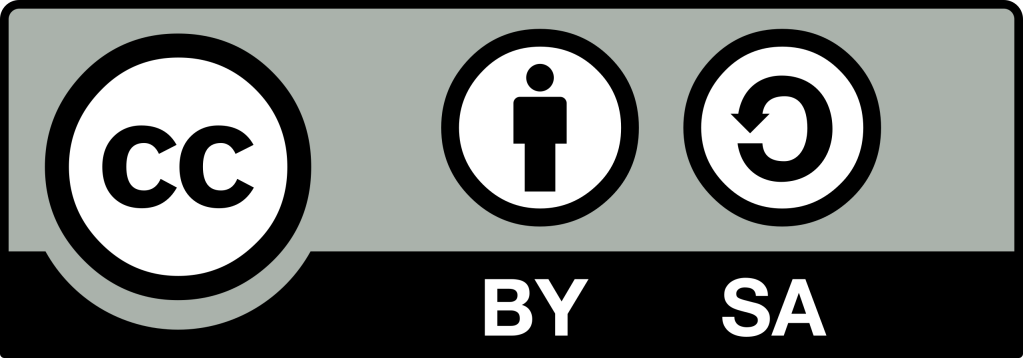Back in July 2023, I had the opportunity to participate in my second “3 Questions” with Joshua Kim at Inside Higher Ed. The first piece focused a bit on my work at instructional design and faculty development, College Unbound, and the work we were doing around generative AI.
I’ve been following Kim’s work since I started doing instructional design and appreciated the insights that he brings to the conversation in teaching, learning, and technology at Inside Higher Ed. I also appreciate that he not only talks about interesting books but regularly discusses audiobooks—something that I am definitely a nerd about (in fact, one of my first mentions in Inside Higher Ed was a solution for a way to show off your audiobook library).
In late October 2023, Kim wrote this post, “Should University Presses Use AI Narration for Absent Audiobooks?” and I couldn’t resist reading the post and having lots of thoughts. Additionally, I actually feeling equipped and knowledgeable to respond. In fact, I moved from Facebook to Twitter to LinkedIn to say how hard it was to resist responding. Josh reached out to me to see if I was game for another round of 3 questions and I knew the answer.

This recent 3 Questions explored the intriguing intersection of audiobooks, AI, and academia. I don't want to write a post telling folks how happy I am with this piece, but I am proud of the ways that I found to connect my different interests and works. It was one of those moments where I felt like I truly was one of the right folks to engage in this conversation.
It just allowed me to speak to so many thoughts about audiobooks that I didn't realize were interconnected with other parts of my work (e.g. my dissertation and other scholarly work) and weave it together into what I think is a coherent and thoughtful answer. This is maybe one of those nuggets of insight that as you sometimes think you are exploring different things (audiobooks, popular culture, copyright, technology), you know you’re doing deep learning when you can find the ways they interconnect. It’s fascinating to see how each area can inform my thinking in the other and I think that’s one of those lightbulb moments that many folks seeking to learn different things may encounter at some point in their work.
I was glad to highlight the proliferation of audiobooks out there--especially academic ones. They've been a boon to my own development and even contributed to me being able to do a lot of this work in generative AI. Nearly all of the books that I read on generative AI, education, and technology are audiobooks.
The exploration of the Librivox model was also something really important in my mind because it felt like an opportunity to highlight that platform and the important contributions they have been doing for nearly 2 decades. I feel like that as a model in academia could be really valuable and open up new opportunities for folks both in terms of making content available and creating a new type of profile for folks in academia.
The question of where artificial intelligence fits within all this still remains for reasons I pointed out and also challenges that Greg Britton also mentioned in a post earlier this week. Like many things in this realm, I don’t think it will be decided by a thoughtful investigation of the issues and concerns at hand but rather by what is most financially viable.
Anyway, I hope you read the piece and that it provides you with some sense of the complexities not just of audiobooks and AI but serves as an understanding about how things can be complicated in this work around generative AI.
AI+Edu=Simplified by Lance Eaton is licensed under Attribution-ShareAlike 4.0 International




